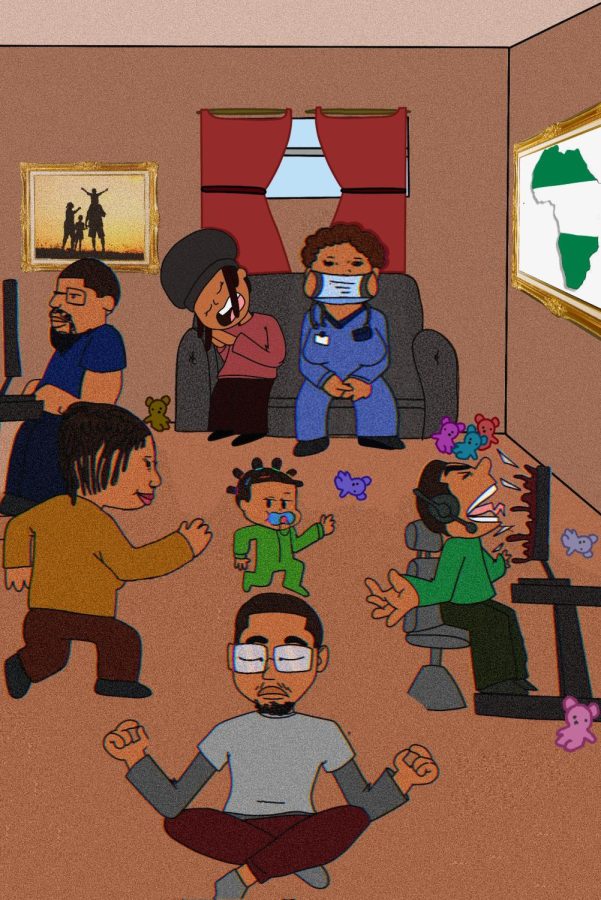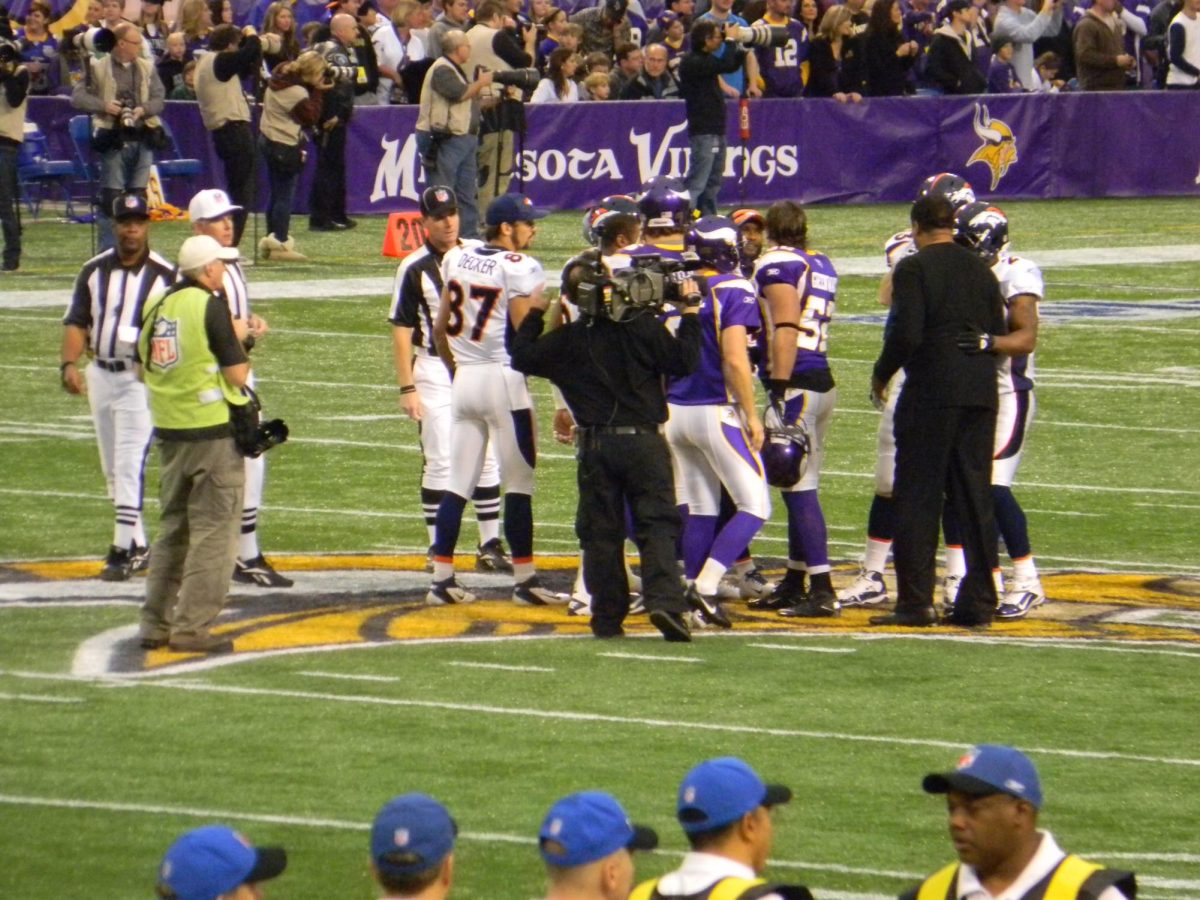While the Coronavirus outbreak has been a harsh and depressing nightmare living rent-free (like everyone should be) in everyone’s minds, it has provided me ample time to imagine myself in a better place.
My utopia may feature buffalo sauce more prominently than yours, but perhaps you’ve caught yourself drifting into the greener pastures of your mind during this quarantine.
Utopian thinking is, in my opinion, justifiably mocked as naïve fantasy for bourgeois daydreamers.
I agree that a “perfect” society is oxymoronic and pursuing one is a path saturated with fatal pitfalls and vicious misdeeds. But I fear that the rejection of the slightest utopian thought pushes the mind towards the ugly alternative: despair, apathy and dystopia.
I’d be the first to tell you the planet’s in an impossibly rough spot right now. A pandemic is rampaging across the globe, inaction on climate change is dooming future generations and authoritarians are racing to replace democracies around the world.
Relief is hard-pressed. Twitter is a chaotic nightmare, Facebook is awash with conspiracy nonsense and YouTube keeps showing me the same Arrested Development compilation videos over and over again.
Turning off social media and logging off Netflix may be temporary solutions to planetary-crises-induced anxiety but they certainly can’t solve the source of the problems.
When faced with this worrying state of affairs, I’m often paralyzed and helpless.
The poster child for dystopia, George Orwell, wrote in his novel 1984, “If you want a picture of the future, imagine a boot stamping on a human face — forever.”
Despite this grim prediction by the novel’s villain, well before writing 1984, Orwell volunteered to fight fascists in the Spanish Civil War, getting shot in the throat in the process. Even the arch pessimist put his body on the line at some point for his belief in a better world.
The apathy and inaction endemic to Western late-capitalist life suppresses the spark of outrage buried within all of us.
We’re told by the powers that be that ideas like canceling student debt, taxing the obscenely rich and tackling environmental collapse are unachievable, pie in the sky fantasies.
Anyone shouting for systemic change is shamed and labeled a “radical” or “romantic.” They’re told to live in the “real world.”
Suffragettes and “radical” abolitionists faced these same attacks.
Is listening to scientists’ warnings and putting planetary health and lives over corporate profits radical? In the great scheme of things, not at all. It’s a straight no-brainer.
Perhaps the “free market” ideologues pushing for more coal plants are the radicals.
Seeing the world as it actually exists is what pushes people to activism in the first place. Someone who denies the existence of climate change is guilty of not living in the “real world.”
All prescriptive visions of the future are based on ideals unlikely to be achieved. It seems to be a matter of choosing one and fighting for it.
I cannot provide solid advice to those afflicted with the same malaise I struggle to manage. It would be dishonest of me to say I’m a proud optimist with ten tips and tricks to make existential angst vanish. I am certainly not as active as I would like to be.
But perhaps I can reassure the closeted many who desperately want the everyday cycle of absurdity to stop that they’re not alone.
I, for one, am going to find some very tall trees to sit under and dream a bit more.
“Utopia lies at the horizon.
When I draw nearer by two steps,
it retreats two steps.
If I proceed ten steps forward, it
swiftly slips ten steps ahead.
No matter how far I go, I can never reach it.
What, then, is the purpose of utopia?
It is to cause us to advance.”
-Eduardo Galeano

















Allen Forsythe • May 21, 2020 at 10:02 pm
Keep dreaming but remember, success stops when you do.
The tragic truth is that the language of “victimization” is the true victimizer— a great crippler of young minds and spirits. To teach young people that their lives are governed— not by their actions, but by social and economic forces or government budgets or other mysterious and fiendish sources beyond their control—is to teach our children negativism, resignation, passivity and despair. Louis W. Sullivan